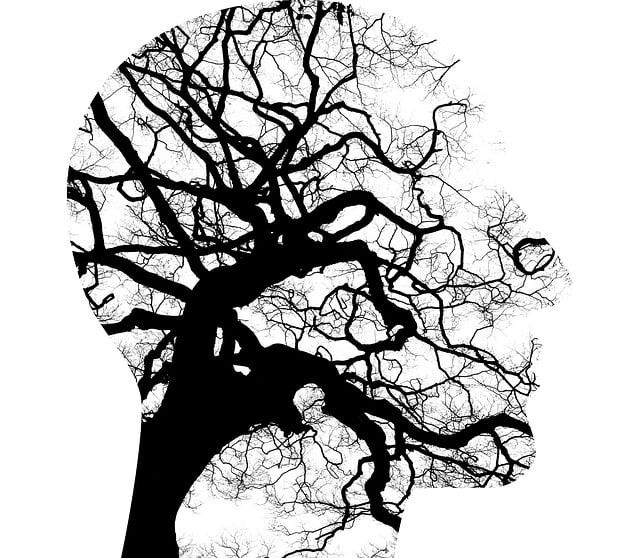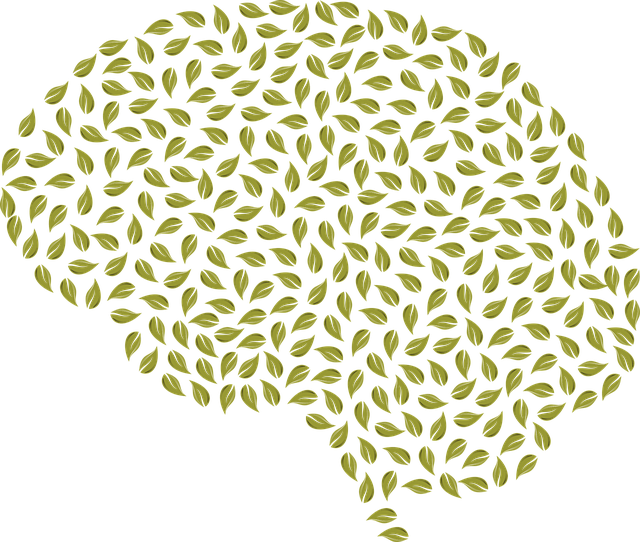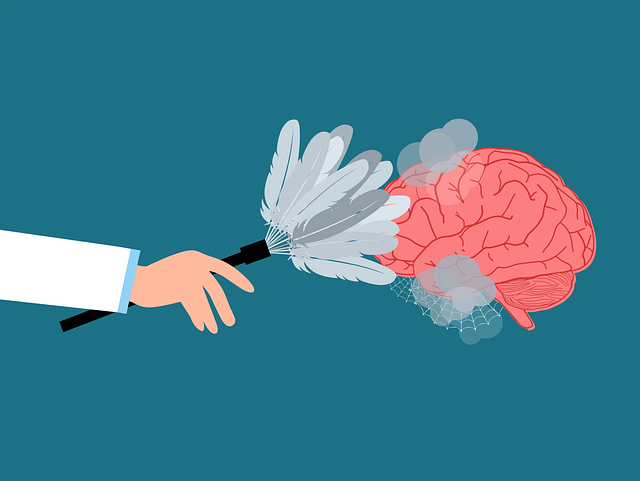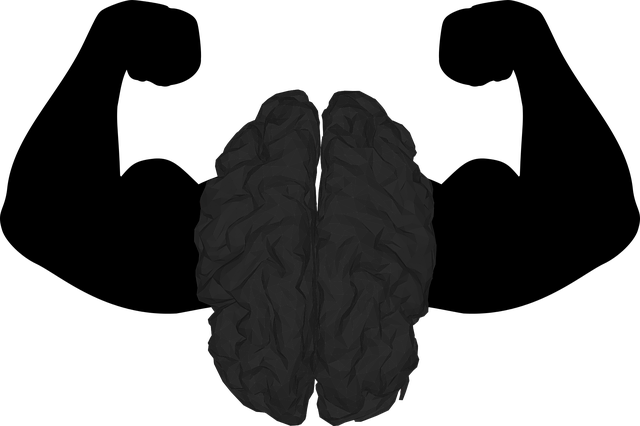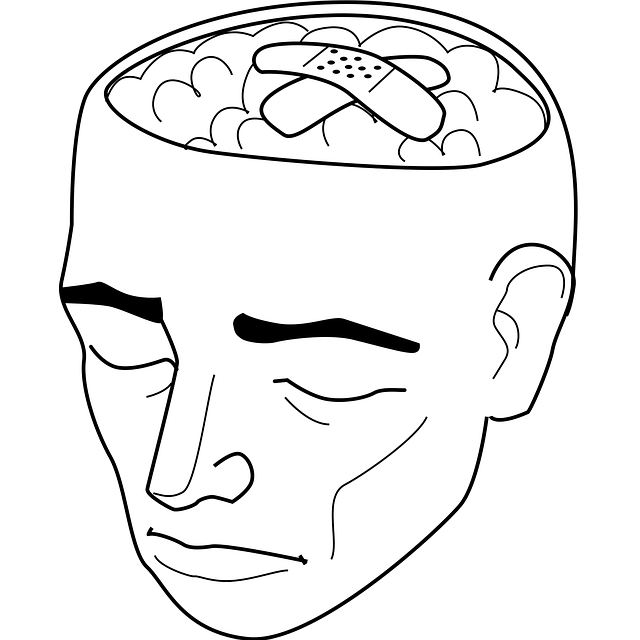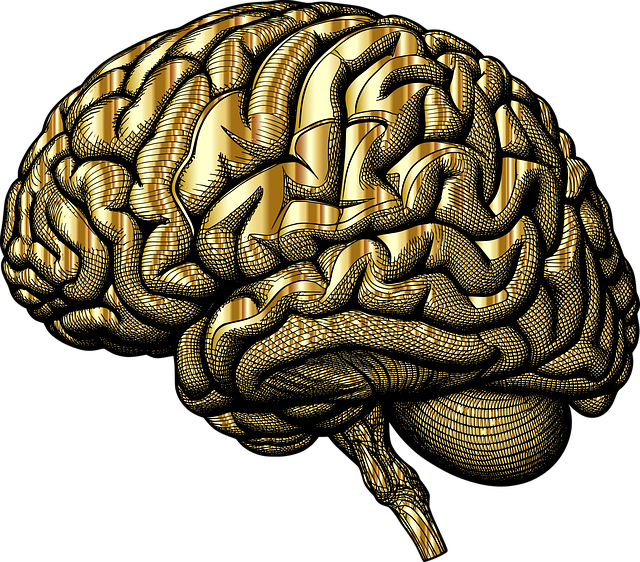Longmont Anxiety Therapy (LAT) provides evidence-based mental wellness self-assessment tools that evaluate anxiety, depression, stress management, and social interactions using validated theories like Social Skills Training. These assessments empower users to understand emotional responses, build resilience, and develop personalized coping strategies through interactive exercises and reflection. LAT's inclusive approach, focusing on cultural sensitivity and community participation, improves access to quality care for diverse populations. Integrating self-assessment into therapeutic practices equips individuals with skills to manage mental health, complementing professional interventions for holistic improvement, as seen in their Trauma Support Services and Risk Management Planning for Mental Health Professionals.
Mental wellness self-assessment tools play a pivotal role in individual understanding and therapeutic interventions. This article explores the development of such tools, focusing on Longmont Anxiety Therapy as a case study. We delve into effective assessment techniques that cater to personalized mental health management. By integrating self-assessment into therapeutic practices, healthcare providers can facilitate proactive mental wellness, especially in addressing specific concerns like anxiety, as exemplified by Longmont Anxiety Therapy.
- Understanding Mental Wellness Self-Assessment Tools
- Longmont Anxiety Therapy: A Case Study Approach
- Developing Effective Assessment Techniques
- Integrating Self-Assessment into Therapeutic Practices
Understanding Mental Wellness Self-Assessment Tools

Mental wellness self-assessment tools play a pivotal role in individuals’ journey towards understanding their psychological state and overall well-being. These tools are designed to provide a comprehensive evaluation of various aspects of mental health, such as anxiety, depression, stress management, and social interactions. Longmont Anxiety Therapy, for instance, utilizes these assessments to help clients gain insights into their triggers and patterns, facilitating personalized treatment plans.
The development of these self-assessment tools involves careful consideration of validated psychological theories and models. Incorporating elements from Social Skills Training and Mental Wellness Coaching Programs Development, these tools offer individuals a chance to reflect on their emotional responses, interpersonal relationships, and coping strategies. By adhering to evidence-based practices and Mind Over Matter principles, such assessments can empower users to take proactive steps towards enhancing their mental wellness and cultivating resilience in the face of challenges.
Longmont Anxiety Therapy: A Case Study Approach

Longmont Anxiety Therapy (LAT) offers a unique approach to mental wellness self-assessment, providing valuable insights into managing anxiety disorders. This case study method involves a comprehensive evaluation process where individuals engage in interactive exercises tailored to their specific needs. By utilizing LAT, therapists can identify triggers, thought patterns, and behavioral responses, enabling personalized treatment plans for improved emotional regulation.
The effectiveness of LAT lies in its ability to enhance public awareness campaigns development and mental health policy analysis and advocacy. Through detailed case studies, it becomes easier to communicate complex anxiety-related issues, fostering understanding and support within the community. This approach encourages folks to take charge of their mental health, ensuring they receive tailored interventions for better overall well-being.
Developing Effective Assessment Techniques

Developing effective mental wellness self-assessment tools is a crucial step in enhancing access to quality care, particularly for communities often overlooked in traditional healthcare settings. These assessments should be tailored to individual needs, ensuring accuracy and cultural sensitivity in mental healthcare practice. By incorporating diverse methods, such as visual aids and community-based participation, assessment techniques can become more inclusive and meaningful.
For instance, Longmont Anxiety Therapy has pioneered self-assessment tools that consider the unique cultural contexts of their clients, promoting understanding and trust. Encouraging patients to participate actively in their assessments through open-ended questions or creative expressions allows for deeper insights into their mental health experiences. Additionally, integrating practices like mindfulness exercises or self-care routine development can empower individuals to take charge of their well-being, complementing professional interventions and fostering holistic mental health improvement.
Integrating Self-Assessment into Therapeutic Practices

Integrating self-assessment into therapeutic practices is a powerful approach that empowers individuals to take charge of their mental wellness journey. At Longmont Anxiety Therapy, we recognize the value of equipping clients with tools to evaluate their emotional well-being. By incorporating self-assessment techniques, therapists can facilitate a deeper understanding of their patients’ experiences and tailor interventions accordingly. This method allows for more personalized treatment plans, addressing specific concerns such as anxiety or trauma, and fostering a sense of agency among individuals seeking support.
This process involves guiding clients through reflective exercises to identify triggers, manage symptoms, and develop coping strategies. For instance, Trauma Support Services can benefit from self-assessment by helping survivors recognize their responses to traumatic memories. Mindfulness Meditation techniques, when assessed and integrated into therapy, offer a practical way to reduce stress and anxiety in the moment. Furthermore, Risk Management Planning for Mental Health Professionals becomes easier when practitioners have insights into their clients’ assessments, enabling them to ensure safe and effective care delivery.
Mental wellness self-assessment tools play a pivotal role in empowering individuals to take charge of their mental health. As demonstrated by the case study on Longmont Anxiety Therapy, these tools can effectively bridge the gap between professional guidance and personal reflection. By integrating self-assessment techniques into therapeutic practices, healthcare providers can facilitate more personalized and efficient care. Through continuous development and refinement, these tools have the potential to revolutionize mental health management, making it more accessible and impactful for all.
